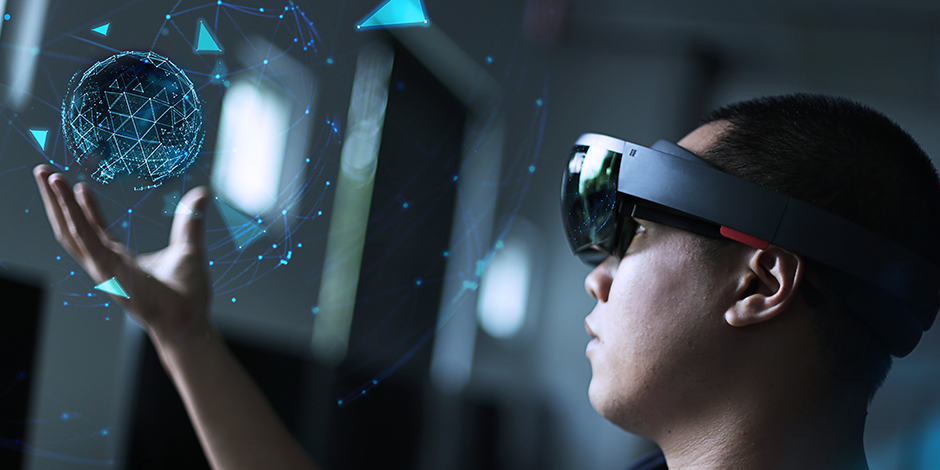Augmented reality is yet another platform to which retailers must adapt if they want to remain competitive in today's marketplace.
With every advance in technology, innovative and quick-thinking retailers find a way to use the new capabilities to drive business - hopefully before their competitors. With the rise of the telephone came telemarketing, with the widespread adoption of the internet, e-commerce. Every new technological breakthrough adds fuel to the competitive fire among retailers, as new battlegrounds open up on which they will fight each other for every customer.
Most retailers enter these new realms of competition armed with their old tactics repurposed for the new format - discounts, loyalty and reward programs and promotions. The rise of augmented reality, however, will force businesses to be more creative than they have ever been, lest they find themselves lagging behind their forward-thinking counterparts.
Early augmented reality retail success stories
Augmented reality as a platform on which retailers can drive business has not yet been fully explored. While some marketers' early efforts to integrate this platform into their strategies have been successful, companies will fight to outdo one another and make today's groundbreaking ideas obsolete in no time. It won't be long before augmented reality becomes a staple of any company's marketing efforts and retail planning.
Forbes wrote that one notable early mover in the retail augmented reality movement is the Guatemalan shoe store Meat Pack - known for its urban, edgy persona and attractive discounts on major shoe brands. Meat Pack recently began using Hijack, a GPS tracking app that recognizes when sneaker fanatics are entering the official store of one of the brands they sell, like Adidas or Nike. The app tells the shopper that Meat Pack has the same products at a lower price.
The shoe retailer reported that 600 shoppers were "hijacked" from the brand name store in just one day. The app also includes a feature through which Hijacked shoppers get an automatic status update posted to their Facebook page that shows off the deal they got through Meat Pack. This adds a factor of virality to the mix - rapidly expanding recognition of Meat Pack's offerings.
Lowe's, the home improvement store, is using augmented reality to a similar effect here in the United States. Forbes reported that Lowe's is taking advantage of an app called Holoroom, which gives customers a way to visualize how a room will look after it has been remodeled. Some experimental supermarkets are adding Google Glass integration into their stores as a way to easily display nutritional information and even help buyers shop based on what they need for specific recipes.
Restaurants won't be left out
Augmented reality isn't just for retail - some restaurants are jumping on the nascent trend in an attempt to lure customers away from their competitors and form mutually beneficial partnerships.
One example is vida e caffé, a chain of high-end espresso and coffee franchises. BizCommunity reported that the chain has partnered with Atlantis, The Palm in Dubai and Dubai Tourism to offer customers a chance to win an all-expense-paid trip to Dubai. vida e caffé is using an interactive coffee cup sleeve augmented by Digital Narrative, a Layar Certified Partner.
Customers buy a cup of coffee with the enhanced sleeve, then they download the free augmented reality app that allows them to scan the sleeve. Once they scan the sleeve, they are exposed to a video about Atlantis and Dubai and given a chance to share the promotion on their social media profiles. Both Atlantis and vida e caffé benefit from the exposure, while the customers get a chance to win the vacation.
These highly interactive promotions are attracting customers in droves. Within the next few years, a retailer without an augmented reality strategy will be like one without an e-commerce strategy today - non-existent.
















